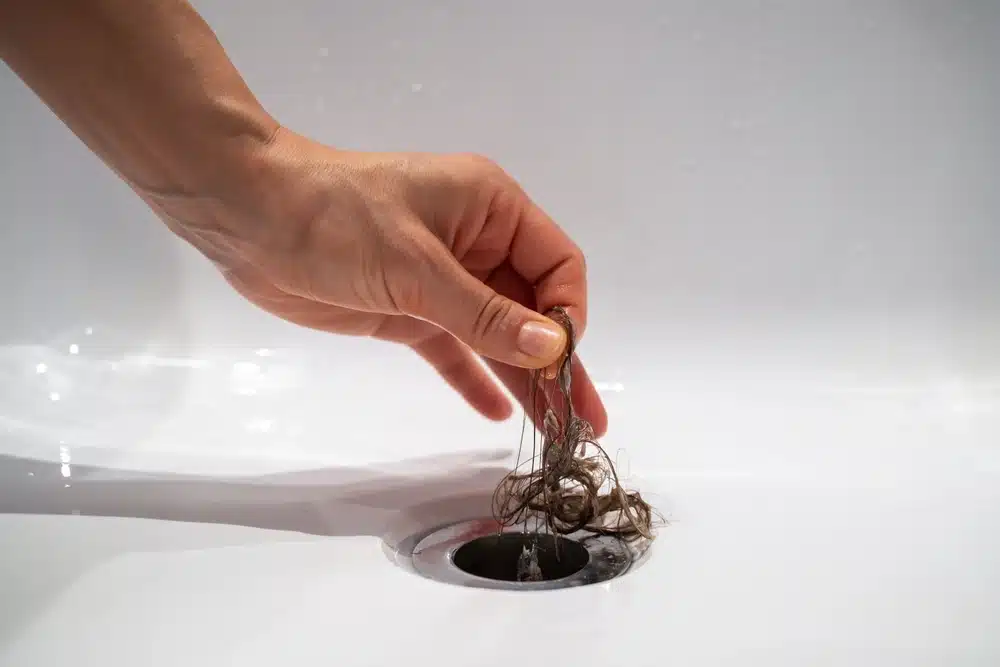Having diabetes means that the body can either not produce insulin, not use it effectively, or in some cases, both. Insulin is a hormone that works to move the sugar from the foods we eat from the bloodstream into our cells to be stored or used as energy.
If you do not have insulin, or it isn’t used effectively the sugar can build up in the blood. This can cause issues across the body – including the hair. The excess sugar can damage organs including the eyes and kidneys.
Diabetes and your hair growth cycle
The excess sugar in the blood can damage blood vessels. The purpose of our blood vessels is to carry oxygen around the body and damaged blood vessels may not be able to deliver enough oxygen to nourish the hair follicles. This can, in turn, affect the normal hair growth cycle.
Our normal hair growth cycle usually goes through three phases – the active growth phase, the resting phase and finally, the shedding phase. Having diabetes can interrupt this normal process and slow down hair growth. Due to the change in the hair growth cycle, those with diabetes can expect to lose more hair than usual.
The hair cycle will continue, however, due to the lack of sugar getting to the hair follicle it will be different, which means if hair does start to regrow, this will be at a slower rate often meaning you’ll lose hair quicker than it can grow – causing thinning hair and hair loss.
For some people with diabetes, you will likely have the condition alopecia areata. This causes hair loss in patches due to the immune system attacking the hair follicles. For others, your hair loss may not be a direct effect of diabetes but more so a side effect of stress living with an illness, or, from medications you take.
Will hair loss from diabetes grow back?
When you have diabetes you will work with your GP to manage your blood sugar levels and get them under control, once you’re at this stage you can see the hair grow back, however, you might find the growth happens at a slower rate than before.
If you have your sugar levels under control and you find that the hair isn’t growing back, other medications can be considered – there are a few different hair loss medications that can be used to treat diabetes-related hair loss.
If you would like more information on hair loss, or our hair restoration treatments please contact us today for a no-obligation consultation.


